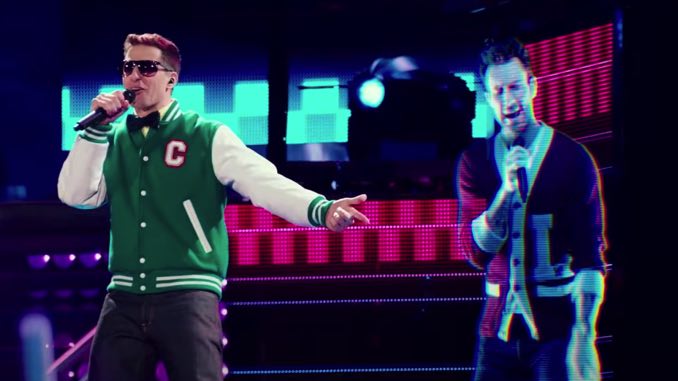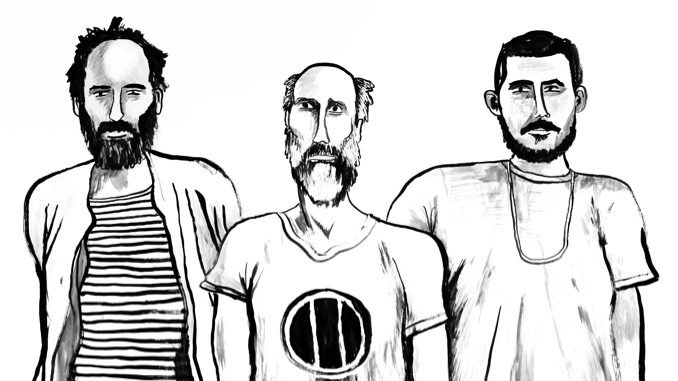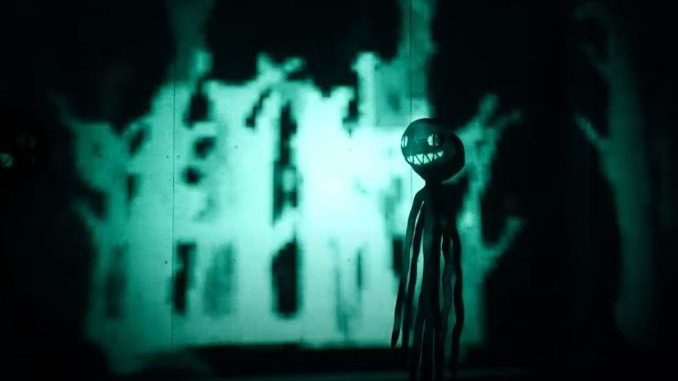Andy Samberg knows a thing or two about pop music. Even before his time at Saturday Night Live turned him into a star during the late 2000s, he was making music as part of The Lonely Island alongside longtime friends and collaborators Jorma Taccone and Akiva Schaffer. The trio’s numerous viral tracks, from “I’m on a Boat” to “Dick in a Box,” became mainstream hits to the point of earning them a Grammy nomination. Their songs and work on SNL (Samberg as a player, Taccone and Schaffer as writers) helped their own sense of absurdist humor grow and seep into the collective consciousness as the rest of the internet, from Tumblr up to TikTok, embraced the surreal as the funniest you can be. With such a strong grasp on music and comedy, there was no one better to satirize the pop music industry than The Lonely Island, which they did with their brilliant film Popstar: Never Stop Never Stopping, released on June 3, 2016. Five years later, Popstar still shines in not only its keen humor at the time, but also how prophetic many of the through lines proved.
At its core, Popstar shares many of the traits that make the rest of The Lonely Island’s work shine. There’s a key understanding of the source material, as all three members have been in Hollywood and music long enough to intimately get the ins and outs of the pop industry they’re poking fun at in this mockumentary. As pop icon Conner4Real, Samberg carries the healthy balance of charm and idiocy that has defined his best characters, from SNL up to Brooklyn Nine-Nine’s Jake Peralta. He’s completely believable as a chart-topping icon and equally believable when he complains that 10 seconds is “a third of the way to Mars” before his manager Harry (played by comedy stalwart Tim Meadows) reminds him that Jared Leto’s band name is not a scientific measurement.
Like Samberg’s first cult-classic film Hot Rod, Popstar relies on the surreal and various non sequiturs for laughs. The singer Seal getting mauled by wolves might not sound funny, but in context is one of the film’s highlights. In another scene, Conner and Harry fight off a swarm of giant killer bees with a flamethrower, entirely off-camera. Pancakes full of dog poop, Conner’s obsession with a pet turtle named Maximus, and an extended bit with Bill Hader as a roadie very into near-death experiences all feature prominently and still inspire laughs in their audacity.
Popstar is also surprisingly earnest on rewatches, another staple of Samberg’s work. Like Hot Rod is about a son honoring the memory of a father and 2020’s Palm Springs encourages finding meaning in everyday life, Popstar is ultimately about positive male friendship and remembering the people who were always there for you. Throughout all the gags, Conner’s struggle to respect his friends and Style Boyz bandmates Owen (Taccone) and Lawrence (Schaffer) gives the film a goal to work towards and the heart that pulls it together.
It’s here we can acknowledge that much like their entire discography, the music The Lonely Island created for Popstar is legitimately good, even in its absurdity. The romantic guitar on “Finest Girl (Bin Laden Song)” is lovely, Mariah Carey favorite “I’m So Humble” has a killer vocal loop for a hook, and climactic track “Incredible Thoughts” is suitably moving for the film’s conclusion, even if the thoughts aren’t all that incredible. The Lonely Island have never had issues getting other celebrities to buy into their work, and Popstar is no different. Numerous musicians give talking head interviews in character about Conner, with Carrie Underwood admitting she had a crush on the Style Boyz, A$AP Rocky and Nas praising Conner’s music, and acts from P!nk and Linkin Park to frequent Lonely Island collaborator Michael Bolton appearing on tracks for the movie.
Still, what earned the film its cult following (after the fact, as the film only made $9 million against a $20 million budget upon release) is how zeroed in Popstar is on poking fun at the pop music machine. On a surface level, Popstar’s targets are very much a product of the mid-2010s era it came out in. The movie’s title and general focus can be drawn directly back to Justin Bieber’s 2011 documentary/vanity project Never Say Never, and since no other solo male pop star was bigger at the time, the line between Bieber and Conner is pretty clear, with some N*SYNC/Justin Timberlake thrown in to round out Conner’s previous group, Style Boyz. There are jokes directed at EDM and masked DJs like Marshmello, frequent bits mirroring TMZ’s television show, and the movie’s prank-minded, foul-mouthed antagonist Hunter The Hungry (pre-SNL Chris Redd’s first film role) is almost too plainly Tyler, The Creator during his peak shock-rap era.
But what really stands out when rewatching Popstar is how many of the jokes and exaggerations about the music not only still hold true, but also hew pretty close to how things actually work now. Conner’s disastrous partnership to have his music played out of home appliances made by fictional company Aquaspin is clearly a riff on 2014’s U2 iPhone debacle, but it’s less weird when more and more contemporary artists like Chance the Rapper and Dolly Parton rewrite their songs to promote snack food or startups during the Super Bowl, or slap their names on McDonald’s meals a la Travis Scott. Conner’s break as a solo artist came off a guest spot known as the “catchphrase verse,” a verse made entirely out of catchphrases (“Costco samples like a motherfucker” is a standout). It’s a silly idea, but as of this writing, there are multiple songs sitting near the top of the Billboard Hot 100 because a single line became a meme on TikTok, including Masked Wolf’s “Astronaut In The Ocean,” Doja Cat’s “Kiss Me More” and the resurgence of Dua Lipa’s 2020 hit “Levitating.” For the purpose of going viral today, a catchphrase is practically all an artist needs.
Even the triumphant return of the Style Boyz—while heartwarming as a character moment for Conner—is rooted in the music industry’s current trend of farming the nostalgia of millennials for profit. Corporate excess, songwriting manufactured for algorithms, and the inability to hold anything sacred are by no means new phenomena, but the ability of The Lonely Island to pinpoint the specific vectors of each and tease them out into jokes that were funny at the time and even funnier now is a demonstration of the strength of Popstar’s writing.
Popstar: Never Stop Never Stopping was not fully appreciated upon its release. But with such strong comedic writing, music, and a sense of where the culture was (and is) moving from Andy Samberg, Jorma Taccone and Akiva Schaffer, it stands out as a highlight of 2010s comedy. There’s no telling what type of music Conner4Real would be making in 2021, but it’s guaranteed he’d still be a star.
Gabriel Aikins is a Michigan-based freelance writer with a focus on pop music and movies. His work has appeared in i-D, MTV, FLOOD and Paste. He loves good pop songs, good root beer, and good dogs.




